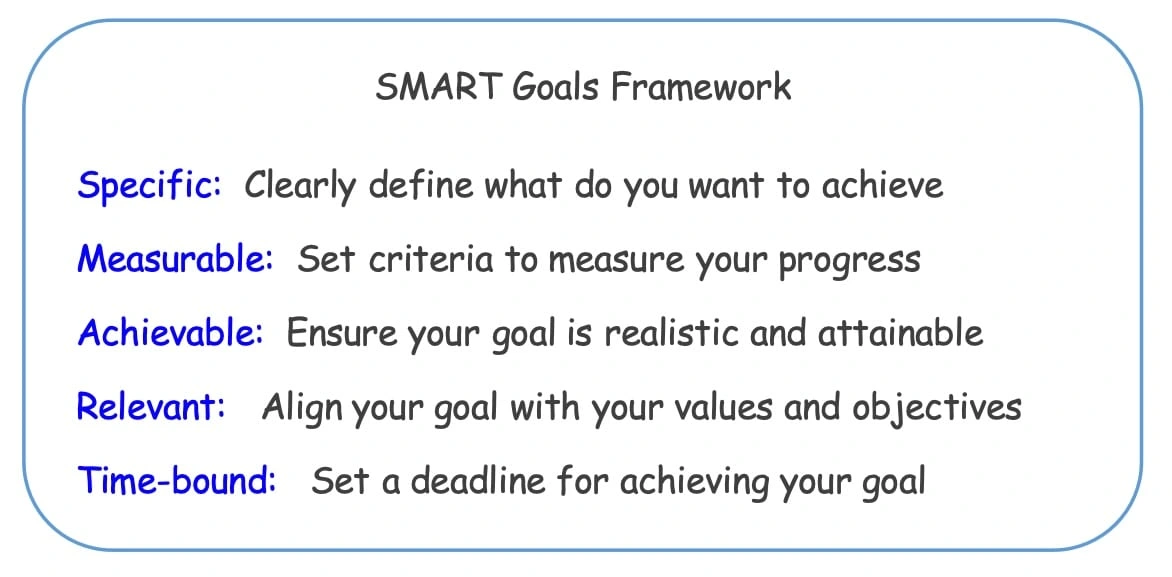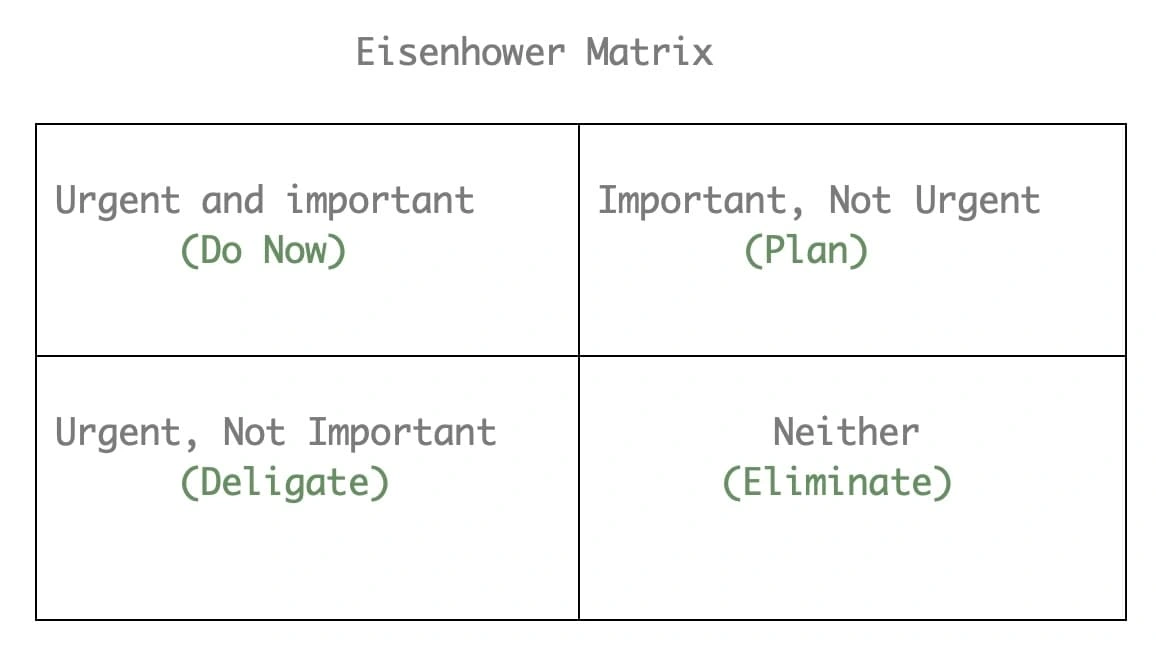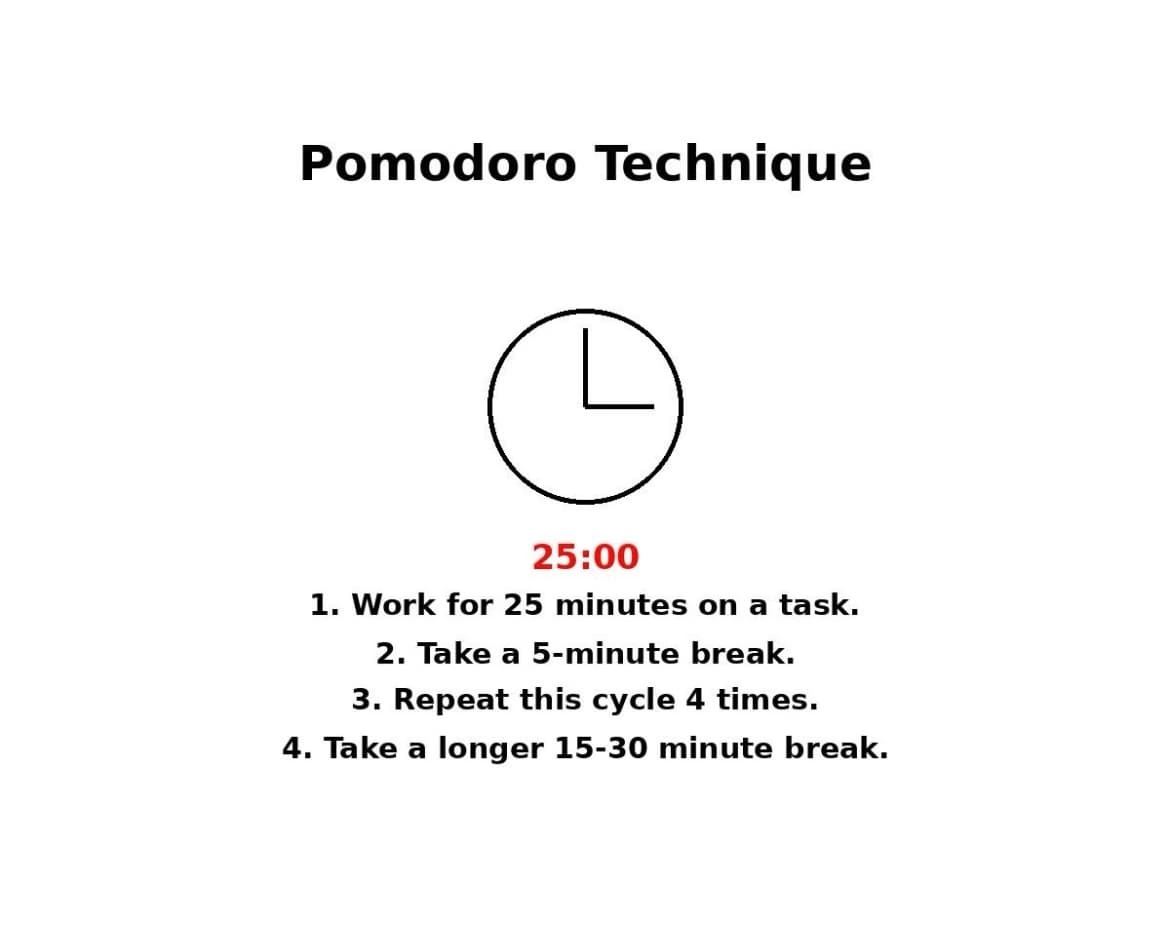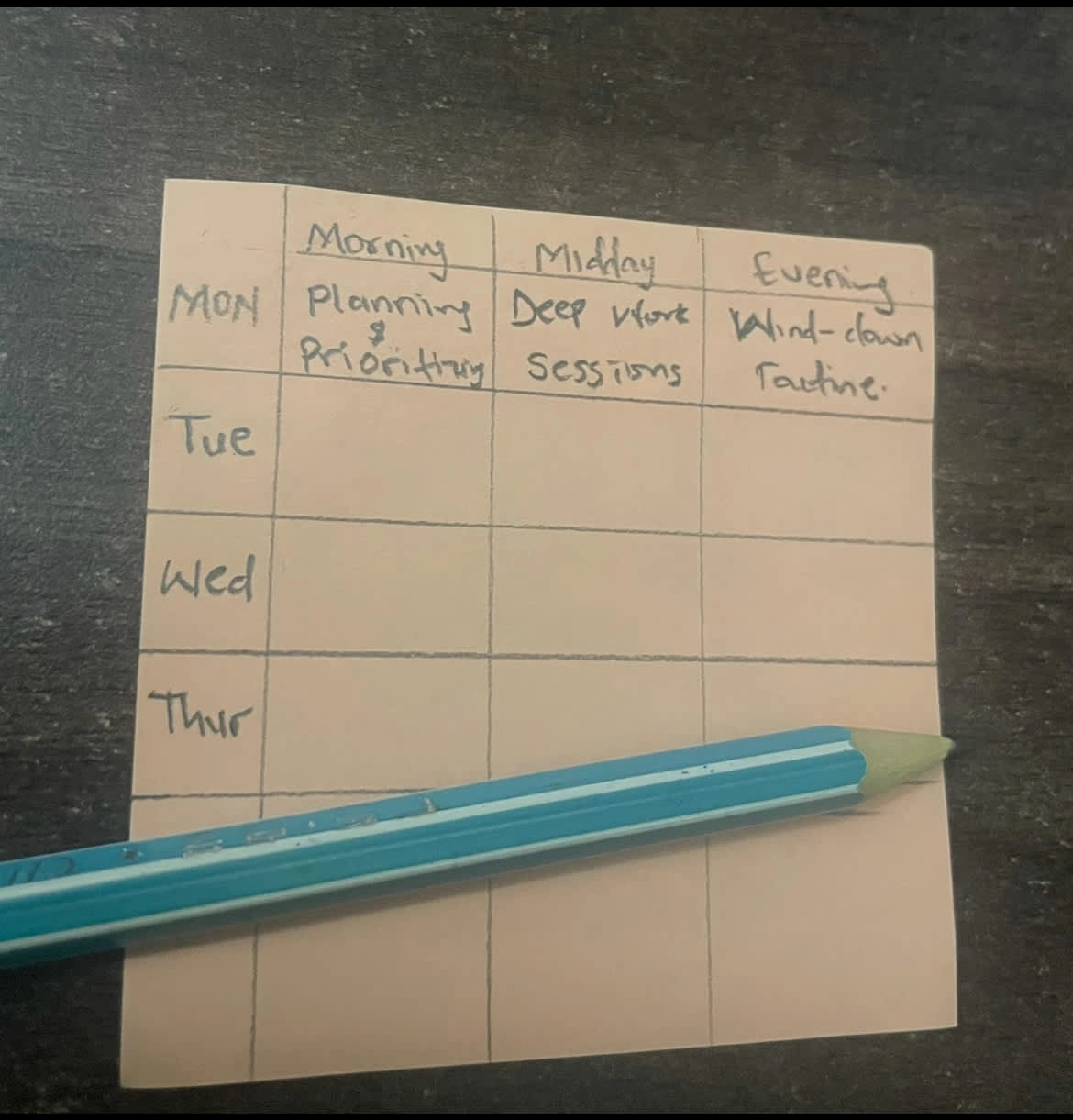Stop Procrastination: Simple Tips to Get Things Done
Introduction
Understanding Procrastination
Why Do We Procrastinate?
The Impact of Procrastination
Simple Tips to Stop Procrastination
1.Set Clear Goals
2. Prioritise Tasks
3. Eliminate Distractions
4. Use Time Management Techniques
5. Build a Routine
6. Reward Yourself
7. Stay Accountable
8. Practice Self-Compassion
Practical Tools to Combat Procrastination
Conclusion
Introduction
Procrastination. We’ve all been there--delaying important tasks, convincing ourselves that tomorrow will somehow be the “perfect or best” day to start. While procrastination may feel like temporary relief from stress, it often snowballs into anxiety, missed deadlines, and feelings of guilt. But here’s good news: procrastination is a habit, and just like any habit, it can be changed.
In this article, we’ll explore why we procrastinate and, more importantly, how to overcome it using simple yet effective strategies. By the end, you’ll have the tools you need to stop putting things off and start getting things off and start getting things done.
Understanding Procrastination
Before tackling procrastination, it’s important to understand what it is and why we do it. At its core, procrastination is the act of delaying or postponing tasks, often opting for easier or more pleasurable activities instead.
Why Do We Procrastinate?
Procrastination isn’t just about being lazy. It’s often rooted in deeper issues, such as:
Fear of Failure: When a task feels daunting, we avoid it to protect ourselves from potential disappointment.
Overwhelm: Big tasks can feel paralysing, making it hard to know where to start.
Perfectionism: The pressure to do something “perfectly” can lead to avoidance altogether.
Lack of Motivation: Without a clear sense of purpose, it’s easy to prioritise entertainment over productivity.
The Impact of Procrastination

From Unsplash
While procrastination might offer short-term relief, the long-term effects can be detrimental. It often leads to missed opportunities, increased stress, and reduced self-confidence. in some cases, chronic procrastination can even affect your mental health, contributing to feelings of anxiety or depression.
But don’t worry-change is possible. let’s dive into some actionable tips to beat procrastination and start ticking things off your to-do list.

From Unsplash
Simple Tips to Stop Procrastination
1.Set Clear Goals
One of the biggest blockage to productivity is a lack of clarity. When a task feels vague or overwhelming, it’s easy to avoid it. To overcome this, break your tasks into smaller, actionable steps.
For example, instead of writing “Finish report” on your to-do list, break it down into steps like:
Research relevant data
Create an outline
Write the introduction
Using the SMART framework-- Specific, Measurable, Achievable, Relevant, Time-bound-- can help you ensure that your goals are well-defined and attainable.

2. Prioritise Tasks
Not all tasks are created equal. Some are urgent and important, while others can wait. To prioritise effectively, try using the Eisenhower Matrix:
Urgent and Important: Do these tasks immediately.
Important but Not Urgent: Schedule these tasks for later.
Urgent but Not Important: Delegate these tasks for later.
Neither Urgent nor Important: Eliminate or minimise these distractions.

By focusing on what truly matters, you can tackle high-priority tasks without feeling overwhelmed.
3. Eliminate Distractions
Distractions are productivity killers. Whether it’s social media, cluttered workspaces, or endless notifications, they make it harder to stay focused.
To create a distraction-free environment:
Put your phone on silent, do not disturb or use apps that block distracting websites.
Organise your workspace to reduce visual clutter.
Let those around you know when you need uninterrupted time to work.
Remember, a focused environment leads to focused work.
4. Use Time Management Techniques
Effective time management can work wonders for overcoming procrastination. One popular method is the Pomodoro Technique, which involves:
Working on a task for 25 minutes.
Taking a 5-minute break.
Repeat this cycle four times before taking a longer break.

This technique helps you stay focused while preventing burnout. Another approach is time blocking, where you allocate specific time slots for each task in your calendar. Both methods encourage structure and accountability.
5. Build a Routine
Productivity thrives on consistency. Establishing a daily routine can train your brain to associate certain times of the day with specific activities. For instance:
Dedicate the first hour of your morning to planning and prioritising.
Set aside fixed blocks of time for deed work.

By sticking to a routine, you’ll reduce decision fatigue and make progress feel automatic.
6. Reward Yourself
Incorporating rewards into your work process can be a powerful motivator. For example:
Treat yourself to your favourite snack or a short walk after completing a task.
Take a longer break, watch tiktok or indulge in your favourite or indulge in your favourite hobby after finishing a major project.
Positive reinforcement not only makes tasks more enjoyable but also helps build lasting habits.
7. Stay Accountable
Accountability can make a big difference in overcoming procrastination. Share your work with a trusted friend, mentor, or colleague who can check in on your progress. Alternatively, use productivity tools like Trello or Todoist to track your tasks and keep yourself on track
8. Practice Self-Compassion
Beating procrastination isn’t about perfection, it’s about progress. If you slip up, avoid harsh self-criticism. instead, acknowledge what happened, identify what caused the procrastination, and refocus on your goals.
Self-compassion helps you maintain a positive mindset, which is essential for long-term success.
Practical Tools to Combat Procrastination
Here are a few tools that can help you stay organised and productive:
Trello or Asana: For task and project management.
Focus Booster: For implementing the Pomodoro Technique.
Google Calendar or Calenderly: For scheduling and time blocking.
Forest App: To stay focused by gamifying productivity.
These tools are easy to use and can make a significant difference in managing your time effectively.
Conclusion
Procrastination is a common challenge, but it does not have to control your life. By setting clear goals, managing your time, and eliminating distractions, you can take small goals. Remember, it’s not about being perfect -it’s about making steady progress.
So why wait? Pick one tip from this list and start applying it today. As the saying goes,
Don’t wait for tomorrow to do what you can accomplish today.
Like this project
Posted Nov 27, 2024
This article explores procrastination, its causes, and effects, while sharing simple strategies to help readers overcome it and boost productivity in life.
Likes
0
Views
3





